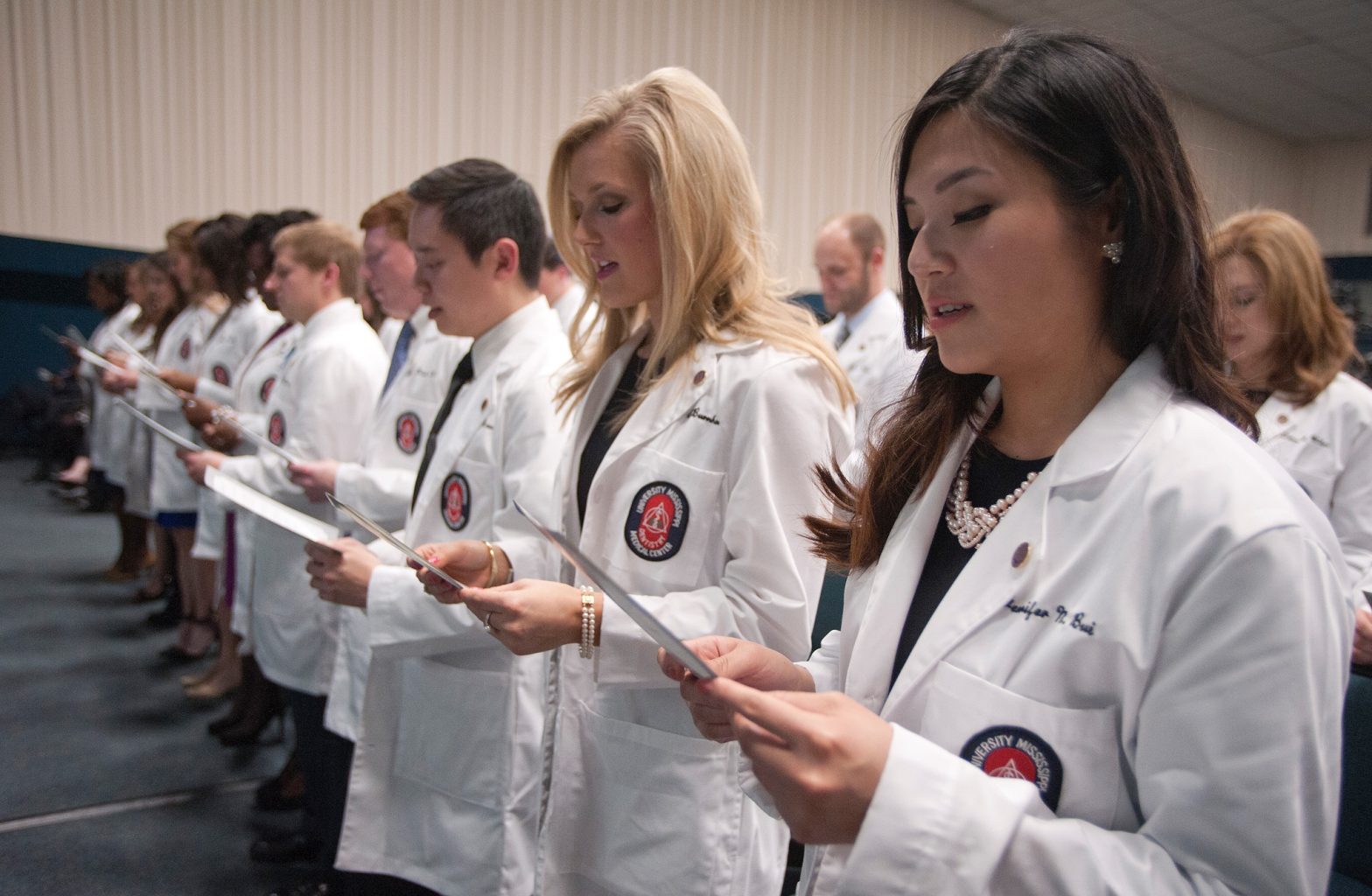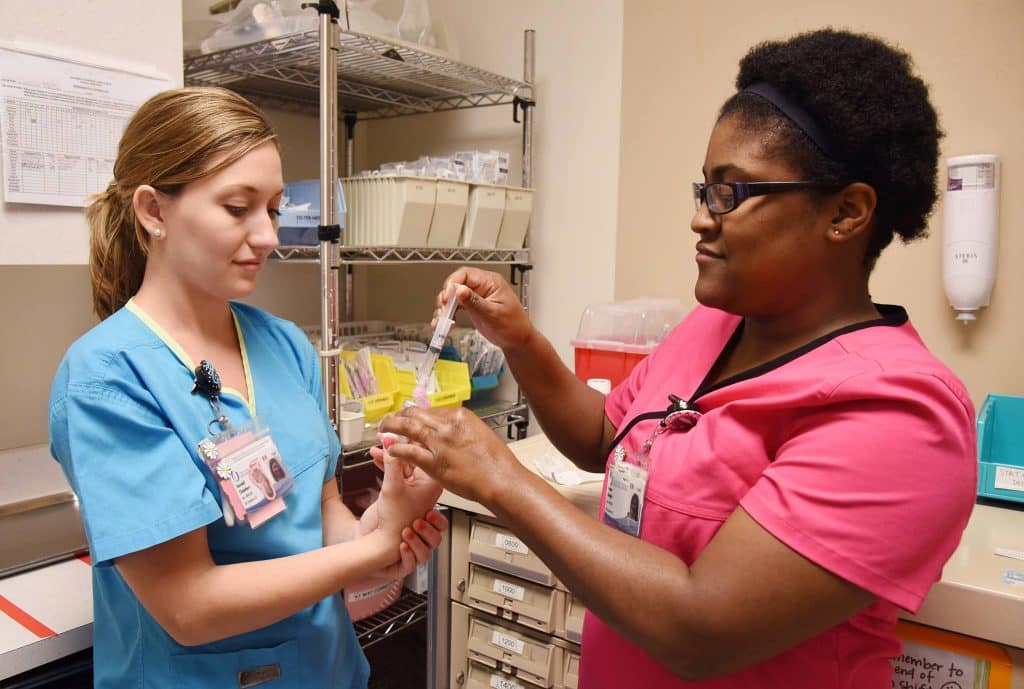HHS Awards Grants to Help Reduce Health Care Provider Burnout

WASHINGTON — The U.S. Department of Health and Human Services, through the Health Resources and Services Administration, awarded $103 million in American Rescue Plan Funds to 45 grantees to help reduce health care provider burnout and promote mental health and wellness among the health care workforce.
“We are making critical investments to ensure enough frontline workers and that our health care providers have the support they need now and beyond, particularly as they face burnout and mental health challenges,” said a spokesperson from the Health Resources and Services Administration, in an email to The Well News.
The grants will support programs across the country which use local resources to help health professionals in their response to workplace stressors and aid in establishing training programs aimed at managing the constantly changing environment of health care during the COVID-19 pandemic.

Specifically, $28.6 million in funds has been awarded to 10 grantees to support health care organizations in establishing, improving, or expanding on evidence-informed mental health and well-being of employees.
One of those grant recipients was the University of Mississippi Medical Center, the state’s only academic health science center, which was awarded nearly $3 million.
“The University of Mississippi Medical Center has developed effective programs to rapidly address burnout and other workplace stressors for the health professional workforce,” said the spokesperson from HRSA.
HRSA said this includes creating a peer support network with 24/7 availability, an Employee Assistance Program with counseling and work-life balance resources available to all employees, often within 24 to 48 hours of the initial call, prioritizing health care employees when scheduling mental health appointments and an “Every Day Wellness” program that uses evidence-based and evidence-informed tools to address workplace burnout and other stressors.
“For the past several years, we’ve been really focused on issues around physician well being. With the COVID pandemic, our perception is that it has piled on to the level of burnout and so forth that was already there,” said Dr. Joshua Mann, the principal investigator of grants at the University of Mississippi Medical Center, in a phone call with The Well News.
Mann said he received word of the HRSA grant last summer and by the end of August had submitted a request for application that laid out how the funds would be used by UMMC to address provider well-being and burnout.
The proposal from UMMC included funds to create an anonymous screening and referral program to get employees in distress into mental health care quickly, known as the interactive screening program, which was developed by the American Foundation for Suicide Prevention.
“A lot of funding will go toward that [program]. We will have to implement the process, and it will involve IT work, and also hiring staff that will service the managers of that and also interact with employees who may be in distress,” said Mann.
Mann also said the funds will be used for the creation of a mini grant for funding quality improvement activities, spearheaded by smaller group of employees and that online learning modules with a curriculum relating to resilience and well-being will be developed.
UMMC will also seek to implement their peer support program, called PEER, which already exists at the main campus in Jackson, in two of the rural UMMC facilities in Northern Mississippi.
“One particular aspect of the grant is focused on peer support programs in rural facilities. We have it in the main campus, but haven’t had the capacity to do it in others,” said Mann.
The confidential peer support program is intended to deliver psychological first aid and emotional support to health care professionals following difficult events, but Mann said the program is still in its early phases of implementation as it started only a couple of years ago.
“We modeled that after a program that Johns Hopkins started called the RISE program. That’s where the paradigm came from. It’s still newish, but will be entirely new to another two hospitals,” said Mann.
The grant funds will be doled out to UMMC in increments of nearly $1 million over the span of the next three years, but Mann is not sure when the first wave of funds will be distributed.
Across the three specialized UMMC hospitals on the Jackson campus, referral services, and two community hospitals in Holmes County and Grenada, there are typically more than 10,000 full and part-time employees.
Mann said that none of the grant money will go towards recruiting positions at UMMC but that current staffing shortages may compound mental health struggles which health care workers face.
In recent weeks, UMMC has reported a crisis of 360 vacant nursing positions and hundreds of employees in the health system currently out sick with COVID-19.
“Mississippi has had a big surge of omicron in the past couple of weeks and our staffing levels definitely took a hit. We do hope that by taking care of our workforce that we can help retain people in health care, and if they are mentally healthy they can continue in their jobs and perform optimally,” said Mann.
Alexa can be reached at [email protected]
























